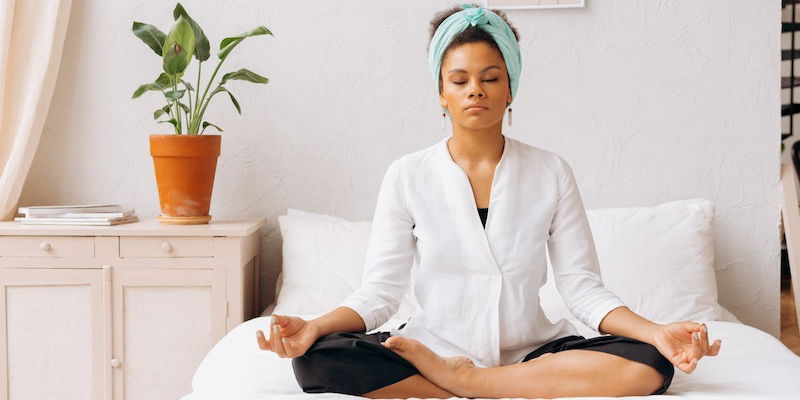Anxiety affects millions worldwide, often disrupting daily life and affecting emotional well-being. One powerful way to address anxiety is through mindfulness practices, which focus on grounding thoughts and feelings in the present moment. Alongside Cognitive Therapy Resources, mindfulness, derived from ancient meditation techniques, encourages individuals to observe their emotions without judgment. This shift in awareness helps reduce the intense focus on future uncertainties that often fuels anxiety. By cultivating a mindset of presence, mindfulness practices provide a sustainable path toward inner calm, helping individuals manage anxious feelings with greater resilience.
How Mindfulness Alleviates Anxiety Symptoms
Mindfulness practices work to alleviate anxiety by reducing the stress response that often triggers these feelings. For those who struggle with chronic anxiety, consistent mindfulness can foster a habit of recognizing early signs of stress, allowing for a more controlled response. Techniques such as mindful breathing, body scanning, and focused visualization help individuals tune into their current physical and emotional state. Regular practice of these methods can gradually rewire the brain’s response to stress, decreasing both the frequency and intensity of anxious episodes over time.
The Role of Cognitive Therapy in Managing Anxiety
Cognitive Therapy is another essential resource for individuals dealing with anxiety, offering structured approaches to reframe and manage negative thought patterns. Cognitive Behavioral Therapy (CBT), for instance, targets the specific cognitive distortions that often worsen anxiety symptoms. Through guided exercises, CBT helps individuals challenge irrational fears, developing healthier thought patterns that support mental clarity and emotional stability. By combining cognitive therapy resources with Mindfulness Practices for Anxiety, individuals gain a holistic toolkit for managing anxiety more effectively.
Integrating Mindfulness into Cognitive Therapy for Enhanced Results
Recent research highlights the benefits of integrating mindfulness with cognitive therapy techniques for more comprehensive anxiety management. Known as Mindfulness-Based Cognitive Therapy (MBCT), this approach combines the introspective focus of mindfulness with cognitive restructuring exercises. By practicing mindfulness within a therapeutic setting, individuals learn to observe their thoughts and feelings with a non-reactive mindset. This combination not only eases anxiety but also addresses underlying cognitive patterns, reducing the likelihood of relapse and supporting long-term mental health.
Practical Mindfulness Techniques for Daily Anxiety Relief
Mindfulness offers a variety of techniques that can be easily incorporated into daily routines to manage anxiety. Some of the most effective practices include deep breathing exercises, mindful observation, and gratitude journaling. Deep breathing engages the parasympathetic nervous system, naturally reducing stress levels. Mindful observation involves noticing sensory details around you, which shifts your focus from anxious thoughts to a grounding awareness of your surroundings. Journaling gratitude, on the other hand, fosters positive reflections that counterbalance anxiety’s often pessimistic narrative, enhancing overall emotional well-being.
Conclusion
Today, countless resources are available to help individuals build mindfulness and cognitive therapy skills from home. Guided audio programs, for example, provide accessible support for practicing mindfulness techniques. Platforms like Insight Timer offer a wide range of meditation guides, including those created by experts such as James Steed, who brings decades of experience in fields such as neurolinguistic programming, hypnotherapy, and insight meditation. His programs focus on holistic self-awareness, helping listeners cultivate lasting inner peace through mindfulness. For those interested in owning downloadable versions, the site zen-x.com.tw offers the option to download and pause audio sessions, providing flexibility for continuous, in-depth practice.

